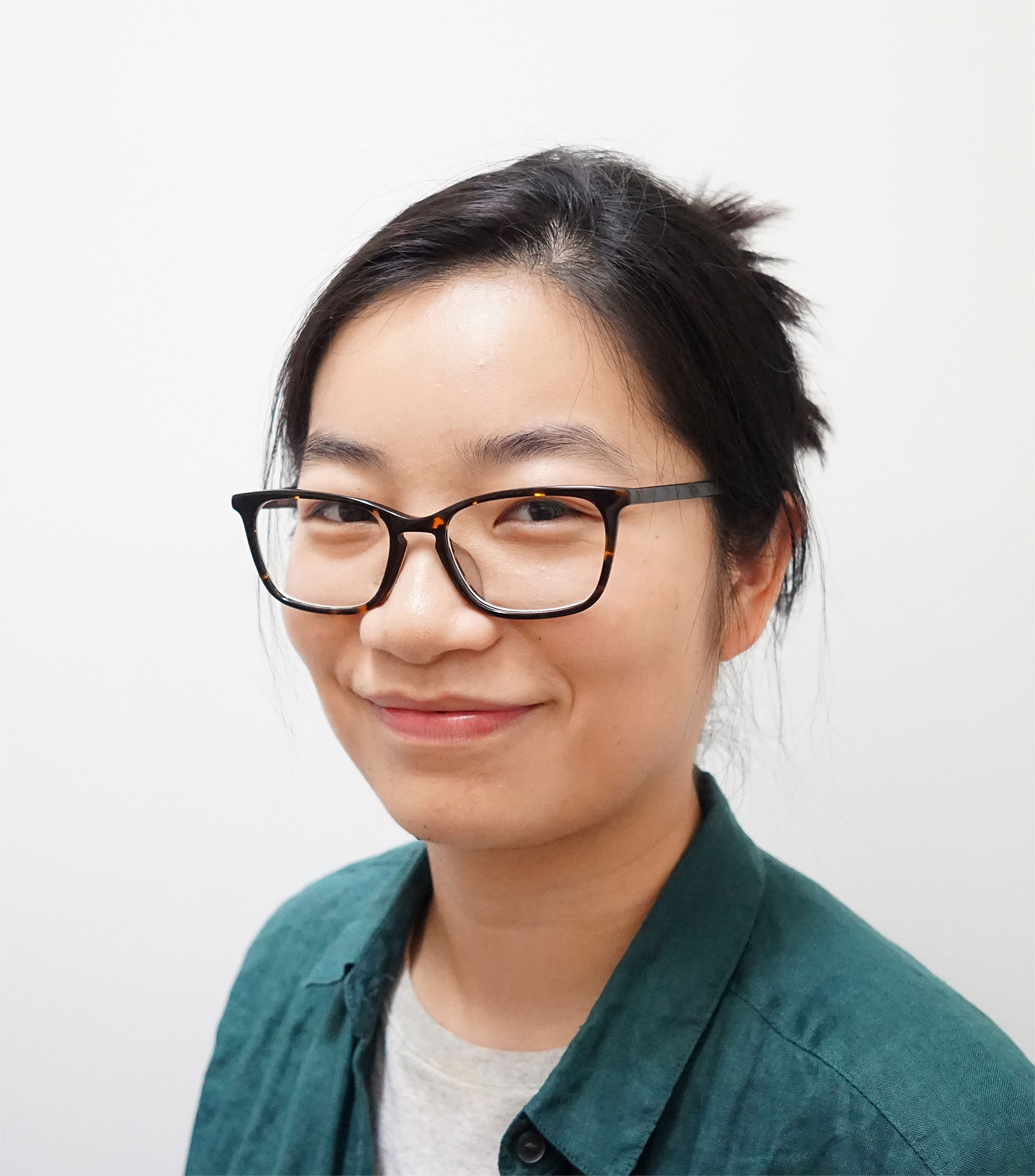Home / Blog
Getting off the learning plateau
It's frustrating to not make any progress after putting the hours in. This was a signal to go back to the basics.

Table of contents
I started playing badminton at the beginning of this year to combat my sedentary lifestyle and improve my overall health. I enrolled in a beginner’s course for a few months at a community centre, which set me on track to acquire this sport as my new hobby.
To date, I’ve been playing badminton every week, and lately twice a week. Just from playing with other players, I slowly improved my reflexes and game play. But I realized many mistakes were made and fixing them proved difficult. After months of playing and little improvement, I hit a learning plateau.
Playing wasn’t enough; I also need feedback and correction to improve. So I once again enrolled in a beginner’s class seeking instructor feedback. Despite having more experience than the typical student, I have yet to master the fundamentals of good badminton as I continued to make amateur mistakes. For example, the instructor repeatedly reminded me to loosen my grip—an aspect I did not consider because I was too focused on footwork and smashing.
It was easy for me to feel cocky in the beginner’s class. But I know that most of my bad playing habits could be resolved by revisiting the basics and learning them at a slower pace with guidance. My story with badminton is a fitting analogy to describe a long-time problem I’ve had moving into a new career.
Going back to the basics
I pivoted into corporate communications from data viz design and had to build my skills from the ground up. I took online courses to target specific skills, such as writing or analytics. These helped me patch up with my weaknesses, but I quickly hit a learning plateau. As a contractor, I rarely worked with someone who knew more about my job than me. I’ve worked under people who were experienced in other areas like branding, paid media, and copywriting, but rarely have I encountered someone who truly understood corporate communications.
Like badminton, I won’t progress by practicing the same moves repeatedly without feedback. I need exposure to people with more experience and an eye for identifying mistakes.
After three years of working in communications, I decided to go back to school to study Public Relations and Corporate Communications. It’s a post-grad program that takes eight months to complete (an additional four for the optional co-op).
What motivated me to become a full-time student again was a conversation I had with the program coordinator. She walked me through the courses taught and one of them captured my attention: Investor Relations. I’ve never heard about it before but realized it would be very useful for the non-profit I work at. What if we had a page called Partner Relations to show our yearly earnings and make a case for more financial or in-kind support? You don’t know what you don’t know perfectly captured my feeling of getting off the call. All the learning I’ve been doing on my own was reactive; it happened because I wanted to improve an existing skill. But what about learning skills I am unaware of? Like learning how to relax my wrist in badminton, it only comes from someone who is more experienced.
I’m not an outlier for transitioning into a role I have no formal education in. I know many people have done so. If you also fall into this category, consider taking some fundamental courses related to your profession. A tip is to look at the course list of programs in your profession and take courses you want to build skills on. You’d be surprised at the new perspectives you may gain from simple concepts taught to beginners.

 Buy me a coffee
Buy me a coffee